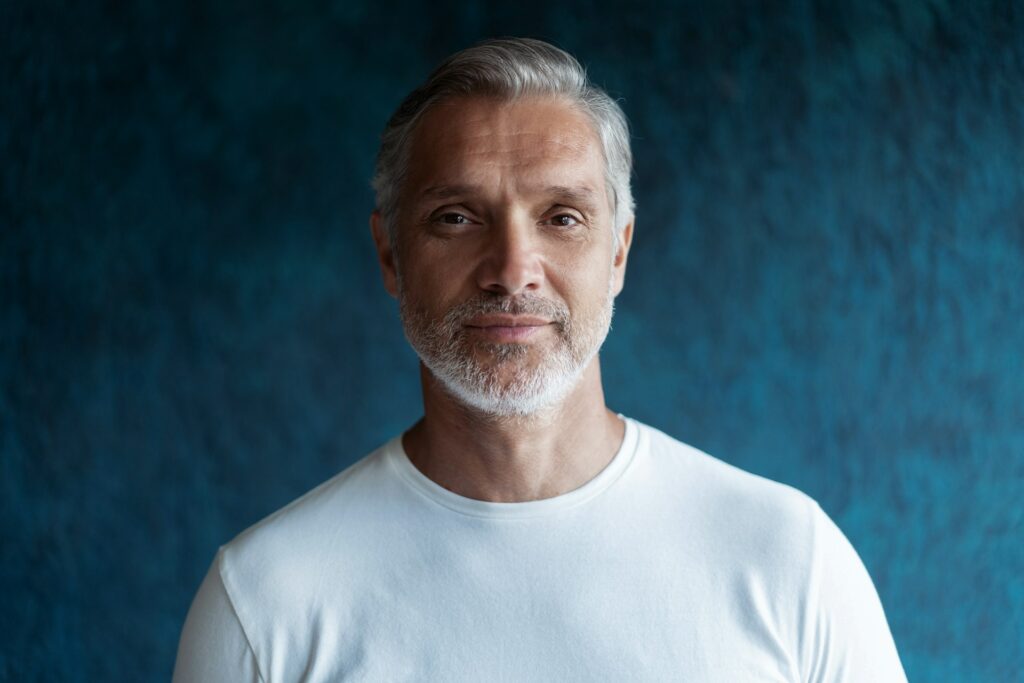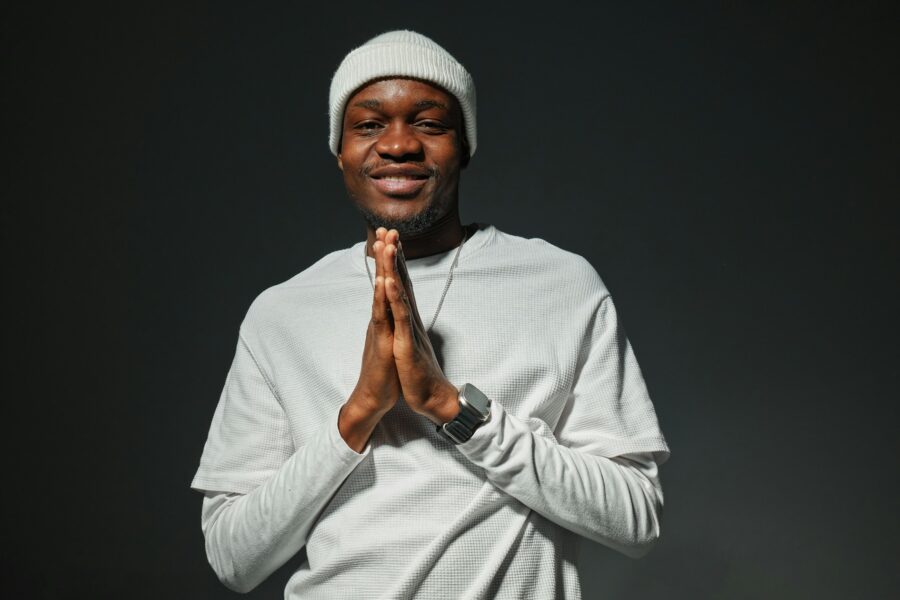There’s no shortage of advice out there telling you to be grateful.

Pretty much everywhere you look, someone’s reminding you to count your blessings. Gratitude has become one of those go-to words in the self-help world, with people often insisting that it’s the key to happiness. While there’s definitely value in appreciating the good things in life, it can sometimes feel like there’s an underlying message: if you’re not grateful all the time, you’re somehow failing at happiness.
However, the truth is that you don’t need to be grateful all the time to be happy. In fact, constantly forcing yourself to feel grateful can be counterproductive. It’s important to understand that happiness doesn’t require you to maintain a perpetual state of gratitude. In fact, here’s why this relentless push for gratitude might not be the be-all and end-all for your mental and emotional health.
The pressure to be grateful can feel exhausting.

To be fair, life isn’t always sunshine and rainbows. Some days are tough, and sometimes you just don’t feel grateful for anything. And that’s okay. Constantly being told that you should feel grateful, even when things aren’t going well, can create pressure. It’s as if you’re expected to put on a smile and pretend everything’s fine, even when you’re struggling.
While the idea behind practicing gratitude is rooted in positive thinking, the pressure to always feel thankful can make you feel like you’re failing. If you’re having a rough day, trying to force gratitude can feel like you’re ignoring your true feelings. But here’s the thing: it’s perfectly okay not to feel grateful all the time. Life has ups and downs, and your emotions are valid, whether they align with the “gratitude” narrative or not.
Gratitude shouldn’t come at the expense of other emotions.

Gratitude is just one of many emotions that can contribute to your overall happiness, but it shouldn’t overshadow the others. It’s important to make room for feelings like frustration, sadness, and even anger, without feeling guilty for not being “grateful” in those moments.
For example, if you’re dealing with a tough situation at work or in your personal life, it might be hard to feel thankful for anything in that moment. That doesn’t mean you’re a negative person, it just means you’re processing your emotions. And that’s completely normal. Happiness is not about suppressing every other emotion in favour of gratitude; it’s about accepting and understanding all the feelings that come your way. You can still be happy, even when you’re not feeling thankful.
Gratitude isn’t a magic fix for everything.

There’s this pervasive idea that gratitude can solve everything. Struggling with your mental health? Just be grateful. Going through a rough patch in your career or relationships? Be thankful for what you have, and everything will improve. While gratitude is certainly powerful, it’s not a cure-all. It won’t automatically make problems go away, and it doesn’t mean you should ignore valid struggles or difficulties.
Being grateful might help shift your perspective or boost your mood, but it’s not going to solve deeper issues like anxiety, financial stress, or relationship problems. It’s important to remember that happiness and well-being are multifaceted, and they come from a variety of sources, not just from feeling thankful. It’s okay to acknowledge that life isn’t always perfect, and that you’re allowed to experience the full range of emotions without having to counterbalance them with gratitude.
Over-focusing on gratitude can minimise your struggles.

Another danger of the “be grateful all the time” mindset is that it can unintentionally minimise your struggles. When people tell you to just be thankful for what you have, it can make you feel like your problems aren’t valid. It can lead to a sense of guilt for not feeling grateful, even when you’re going through something difficult.
Sometimes, it’s necessary to process emotions like frustration, sadness, or fear, instead of immediately trying to turn them into something “positive.” Allowing yourself to feel and express these emotions is part of the process of healing and finding peace. You don’t need to rush into gratitude to “fix” your feelings. Giving yourself space to experience your emotions without judgement is just as important as practising gratitude.
Happiness comes from balance, not forced gratitude.

Happiness is about finding a balance between all the emotions and experiences that life brings. While gratitude can be a powerful tool for improving your mood and overall wellness, it doesn’t have to be the only tool you use. Acknowledging and processing your emotions, both positive and negative, is key to maintaining a healthy mindset.
You’re allowed to feel how you feel.

It’s okay to feel unhappy, frustrated, or upset, and it’s also okay to take time to work through those feelings without rushing to “find something to be grateful for.” When you give yourself permission to feel whatever you’re feeling, rather than forcing gratitude, you create room for a more authentic and sustainable sense of happiness. Gratitude is just one part of the puzzle; it’s the other emotions and experiences that make the picture whole.
There’s no one-size-fits-all formula for happiness.

The idea of always being grateful assumes that there’s a universal formula for happiness. But the truth is, everyone’s path to happiness looks different. What works for one person may not work for you, and that’s perfectly fine. Some people find joy in practicing gratitude regularly, while others may find more fulfilment in other ways, like spending time with loved ones, pursuing a passion, or simply resting.
Happiness doesn’t have to look the same for everyone. What matters most is finding what works for you—what makes you feel content and at peace in your own life. There’s no one right way to be happy, and you don’t have to follow a prescribed path of gratitude to feel like you’re doing it “right.” It’s about doing what makes sense for you and respecting your own needs and emotional state.
The bottom line? It’s okay not to be grateful all the time.

Gratitude is a wonderful practice, but it’s not the be-all and end-all of happiness. You don’t need to be grateful all the time to live a fulfilling life. It’s perfectly okay to experience a range of emotions, to have days when gratitude doesn’t come easily, and to take a step back from the pressure to always be thankful. Happiness isn’t about ignoring the tough stuff in favour of gratitude; it’s about accepting and processing all of it, and finding balance in the process.
You shouldn’t be forcing anything.

It’s great to count your blessings, but sometimes you’re just not feeling it, and that’s okay. So, the next time you’re feeling down or struggling, don’t feel like you have to force gratitude into the mix. It’s okay to just be where you are. Your happiness doesn’t depend on constantly counting blessings; it’s about embracing the full spectrum of your emotions and being kind to yourself in the process.


